“If You’re Taking a Big Swing, It’s Easy to Dilute the Odd Tone for a Global Audience. I’m Grateful Apple TV+ Wanted to Keep It.” – David Oyelowo & Simone Missackon Preserving Government Cheese’s Unique Tone While Expanding It for a Global Audience
Apple TV+ continues its winning streak of exciting original programming with the David Oweloyo-led show “Government Cheese.” The show follows Hampton Chambers, an ex-fraudster released from jail, as he tries his best to reassemble his family unit in 1960s America. What follows is a series of funny, surreal escapades shared by the audience and this wonderfully unconventional family. We at High on Films spoke with leads David Oyelowo and Simone Missick about bringing their characters to life, drawing from personal experiences, and finding the balance between the show’s surreal humor and its grounded emotional core.
Shivam Pota: Firstly, I want to congratulate both of you on an incredible TV show. Nice to meet both of you.
David, you recently starred as Coriolanus on stage. That’s a play that shares a lot with “Government Cheese,” in particular, the idea of pride and arrogance, something both Hampton and Coriolanus struggle with. Did you feel that when you were playing Hampton? There was a bit of Coriolanus in there, or even when you were playing Coriolanus? A little bit of Hampton crept out.
David Oweloyo: Well, I can say that is the very first and probably the only time anyone is going to draw correlations between Coriolanus and Hampton. Thank you for that question. I didn’t find much commonality that crossed my mind. But clearly, there’s something that I gravitate towards by way of theme, because Coriolanus is a guy whose arrogance is something that other people define. He thinks he’s serving his country. He thinks he’s doing a righteous act, and it is defined as arrogance.
With Hampton, he thinks he is doing the best for his family. He comes home and thinks he is going to fix everyone, despite not even knowing who they are anymore. And of course, and quite rightly, that is also deemed as arrogant. So I think that probably says more about the male psyche than anything else. There’s definitely commonality there.
I think where there’s a big difference is that Coriolanus is one of the most famous, if not the most famous, Roman warriors, whereas Hampton is an everyman. Who no one really knows and who is desirous for the world to know him. You know, he’s come up with this drill that is gonna make him famous and is gonna make him rich, and he is an aspirant towards what we know as the American dream. So they are on opposite ends of the scale there. But clearly, there’s something that draws me towards very flawed individuals who have misguided notions of themselves.
Shivam Pota: Thank you so much. That was an incredible answer.
Simone, I wanted to ask you about how you prepared and researched to play someone like Astoria. What was the sort of research you looked at? Were there any influences from the world of surreal cinema and surreal art that you drew from?
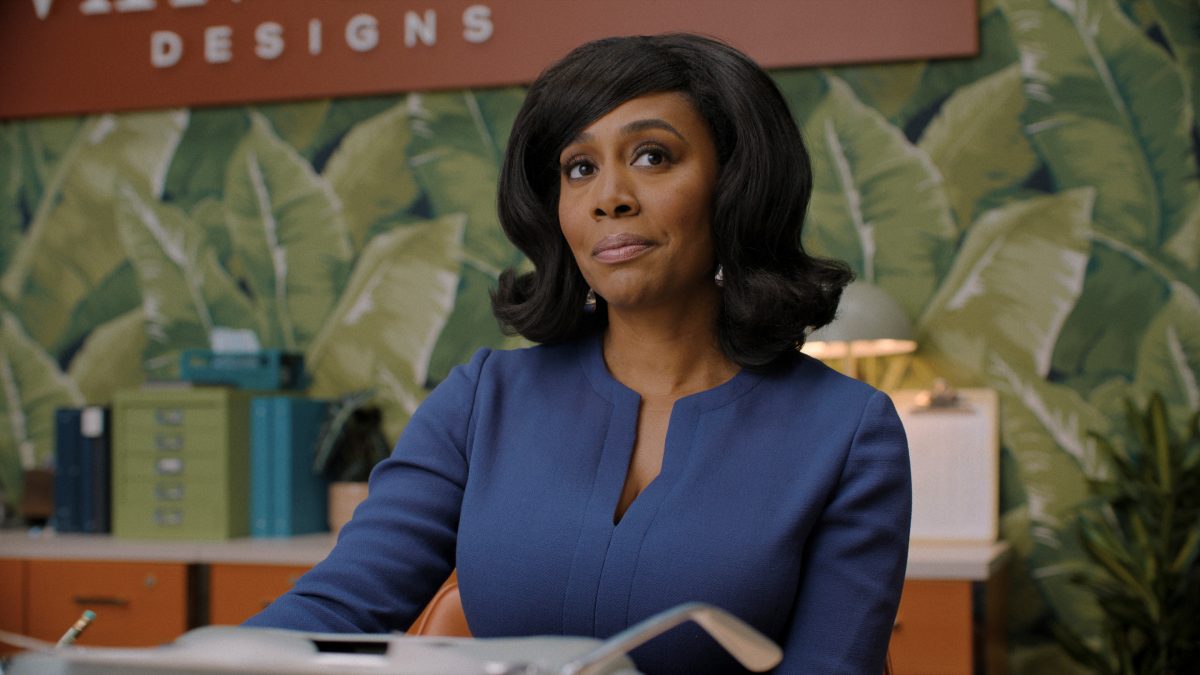
Also Read: 20 Best Apple TV+ Original Shows, Ranked
Simone Missack: You know, for me, building this character, whenever I do a period piece, it’s always grounded in what I know of the time. I would often look at documentaries, archival footage, photos, and television show clippings to build what that world is. This show made me realize that my ideas about 1969 were shaped entirely by the images I’d grown up seeing — of Black life in America defined by the civil rights movement and the broader struggle for equality. But this show isn’t about that. So what I had to do and what I was given the fortune of doing was going to the creator of this project, Paul Hunter, and having him illuminate who Astoria was. She’s based on his mother.
The more he and I got to discuss what his upbringing was and what his mother influenced him with, I was able to find out through my own research within my own family how similar they were. My mother grew up in the 1960s in Detroit, and her background was also one of artistry. And she sculpts, she paints, she sews, she draws. Although she chose a very safe profession, she was an artist at heart, and she still is. Both she and my aunt are women who are so left of centre in a lot of ways that I took that for granted and never even saw that.
So the research for Astoria had to come from within and then come out. Meeting Paul’s mother really helped me understand the character. The script itself was so rich. It had all these little clues about who this woman was. She was someone who raised her sons to believe they could be world-champion pole vaulters and who fully embraced Native American culture. I remember thinking, ‘That has to be one of the most unique traits I’ve ever read in a script.’ A lot of it was already there on the page, but working with Paul, doing the research, and looking inward helped me bring her to life in a way that felt real.
Shivam Pota: I definitely feel that really shows because the character feels so lived in. Both characters feel so grounded and lived in; it feels incredible to watch that on screen. I have to ask, what were your first impressions of the show when you first heard the pitch?
David Oweloyo: Well, my first interaction with it was as a short film that Paul Hunter had written. And all of those elements were already on the page. The specificity of it, both in terms of the world and the character, but then it was elevated in this sort of unique, surrealist way. So it wasn’t only the characters, but he had very thoughtfully laid out a world that these characters can inhabit in an interesting way. Now you can take those swings in a short film, because you could argue that’s a kind of experimental medium, but it was so successful as an experiment that it really presented itself as a world that could be expanded into a TV show, and it would hold.
And one of the things that we were very focused on was maintaining that tone. Because one of the easier things to do if you’re taking a big swing is to dilute the odd tone when you’re spinning it out into a show for a global audience. But one of the things I will always be grateful to Apple TV+ for is that they wanted that tone.
They wanted the uniqueness of the cinematic language that we were using and those characters inhabiting it, both in a fantastical but also grounded way. Which is why, you know, we’re getting a lot of folks saying it just feels so different than anything else. And I think it’s because of the things that are coexisting in the same show. But, you know, I can proudly say that was also the case with the short film as well.
Shivam Pota: What was it like playing off each other and working with each other, but also with this huge extended cast? Could you tell us about interacting with everyone and building these repertoires, and also creating this very unconventional family unit that’s slowly trying to build itself back together?
Simone Missick: For me, it started with David. He was the first person that I met in this process, and the care and concern that I knew he was taking in building this character gave me comfort.
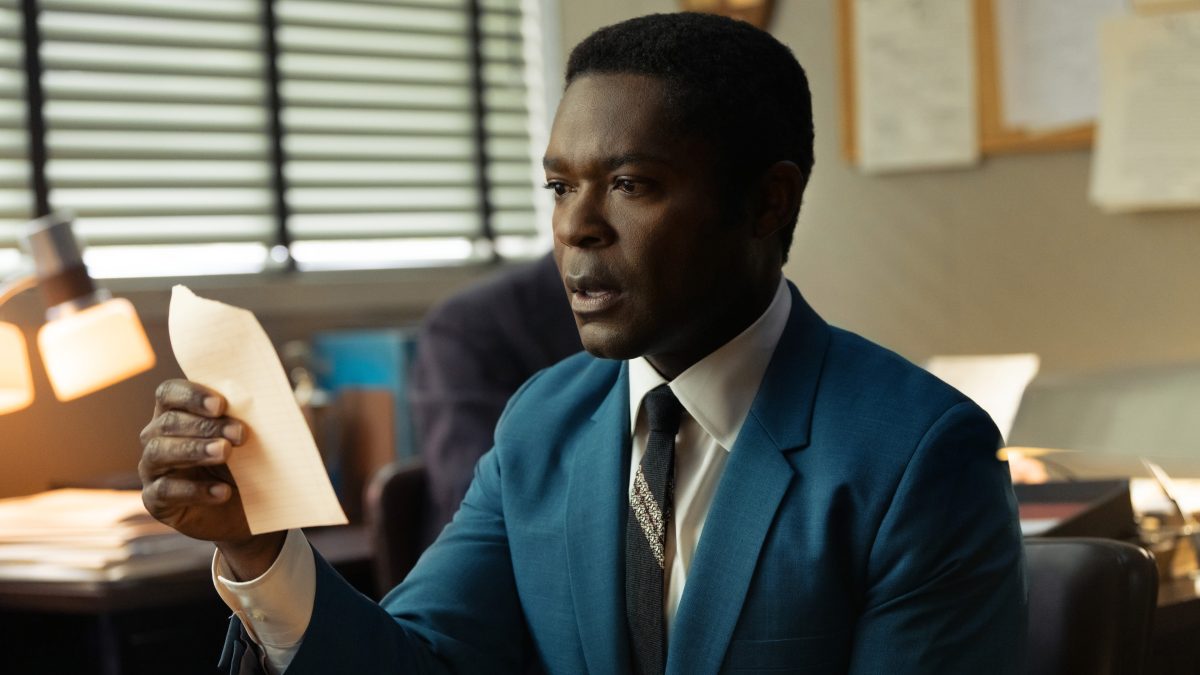
Check Out: The 23 Best Apple Original Films, Ranked from Worst to Best
I was fortunate enough to be along the process of finding Einstein and Harrison, and even that was amazing. You could feel the magic in the room the moment we realized that was the person. They seemed to arrive fully formed, even in those early moments. When we all came together on set before filming, during the photo shoots, the walkthroughs, and the small rehearsals, there was this incredible sense of familiarity, as if we had known these people forever. The actors who joined us along the way only strengthened that feeling and helped the world grow richer and more alive with every scene.
Every time David would come to me and say, “This is the actor that we got for this role,” I was blown away. I was excited, but then I was also just so curious about how that decision came because it was not expected. It was not what I read and immediately came to mind, which is part of how I knew that this project was special. But I’m curious how that was for you.
David Oweloyo: It’s tone, you know, it’s a very, very specific tone in the show. You need actors who are great generally, but not overt comedians in a way that lacks nuance, and not overt dramatic actors. Actors like Bokeem Woodbine or John Ortiz have that chameleonic quality in their work. They’re multifaceted and can move effortlessly across genres. You see that same quality in Wes Anderson’s films, which were a real source of inspiration for us.
Those actors are deeply grounded in drama, yet they carry a certain twinkle that allows for a touch of the fantastical. That was something we kept in mind while building the cast, ensuring that the tone wasn’t defined only by production design, costume, or cinematography, but also by the actors themselves, who embody that tone in their performances.
Shivam Pota: Amazing. Thank you both so much. This has been such a fun interview, my first ever press junket, so being able to interview such wonderful performers like you guys has been incredible. Thank you both so much. Have a great day.
David Oweloyo: Thank you and congratulations.
Simone Missick: And excellent questions for this being your first-ever press junket. Yeah, I gotta say.
Shivam Pota: No, thank you. I really appreciate that. And congrats again on a fantastic TV program.


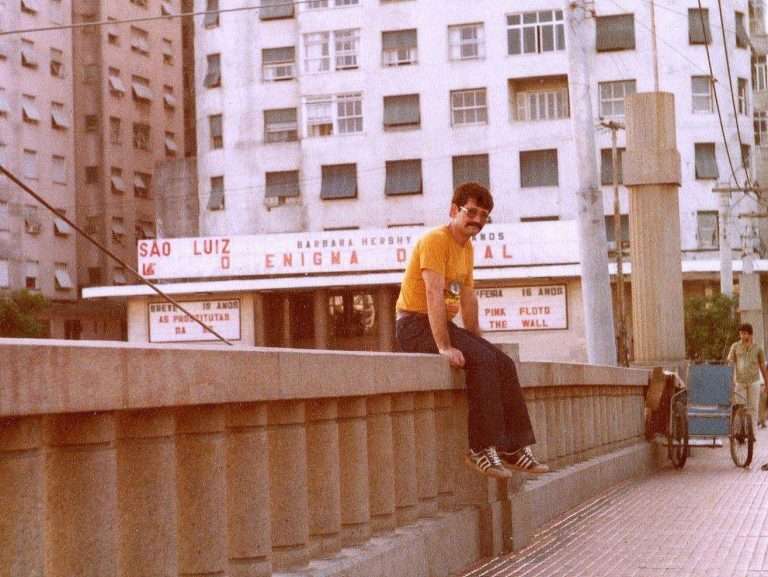
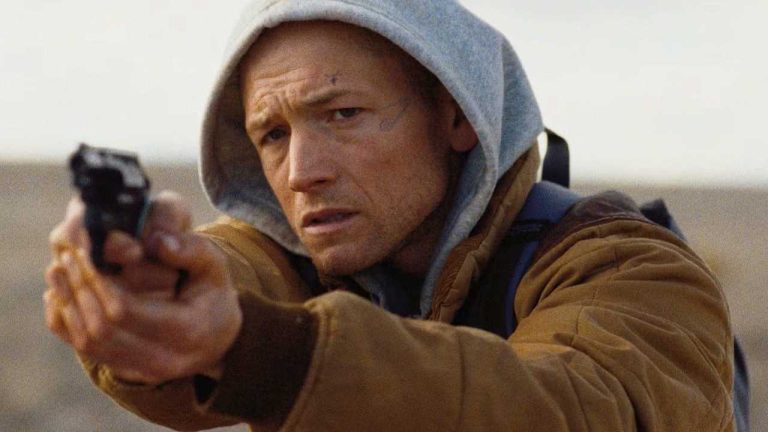
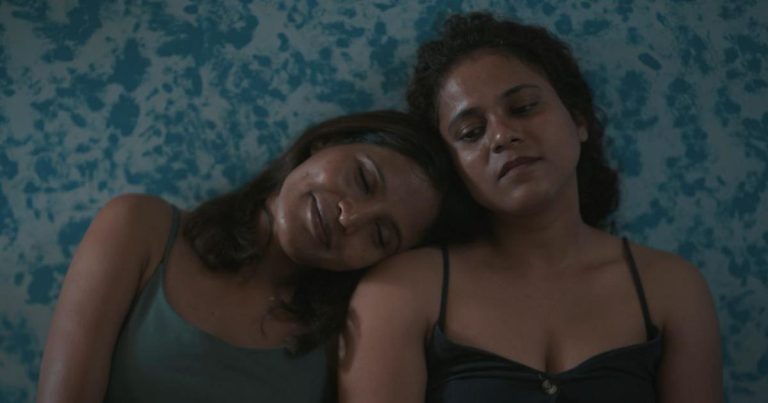
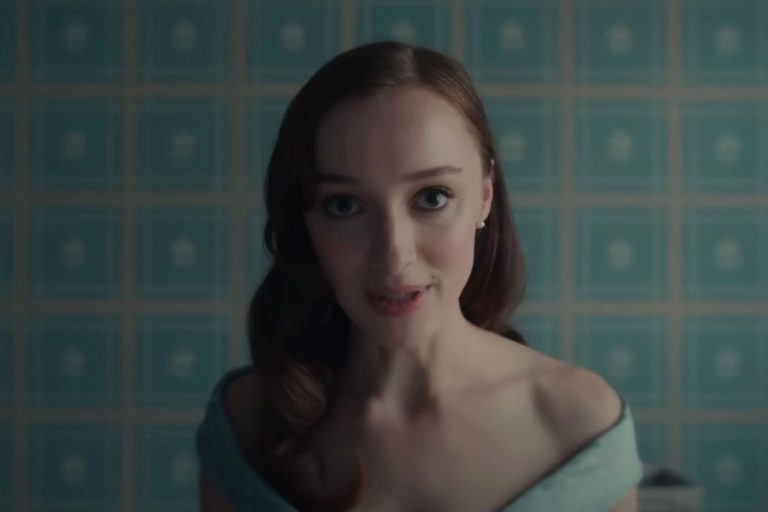
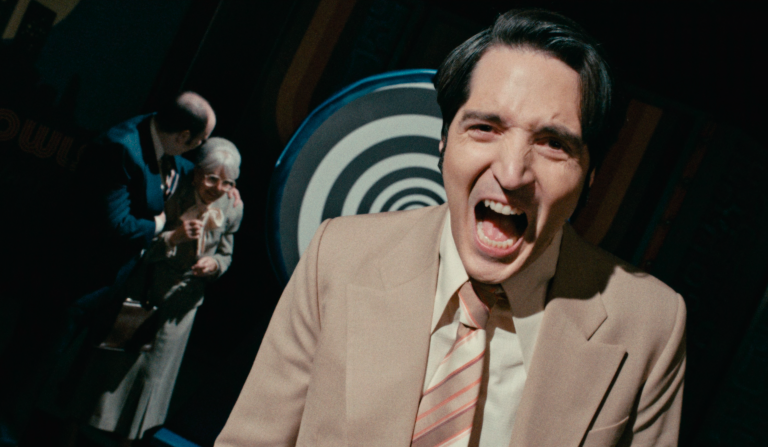
![Coded Bias [2020] Netflix Review: Fighting Racism splattered over Technology](https://79468c92.delivery.rocketcdn.me/wp-content/uploads/2021/04/Coded-Bias-1-highonfilms-768x432.jpg)